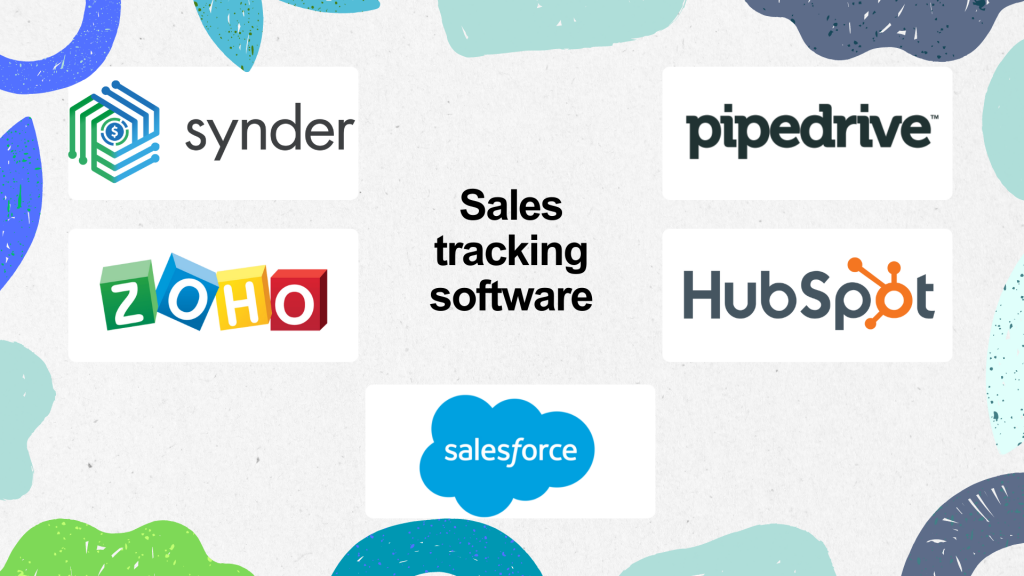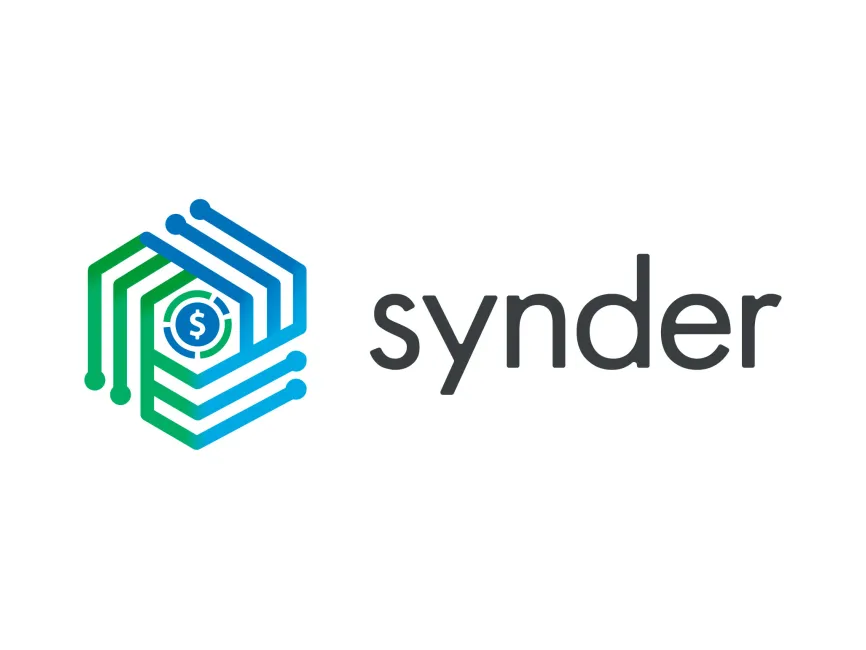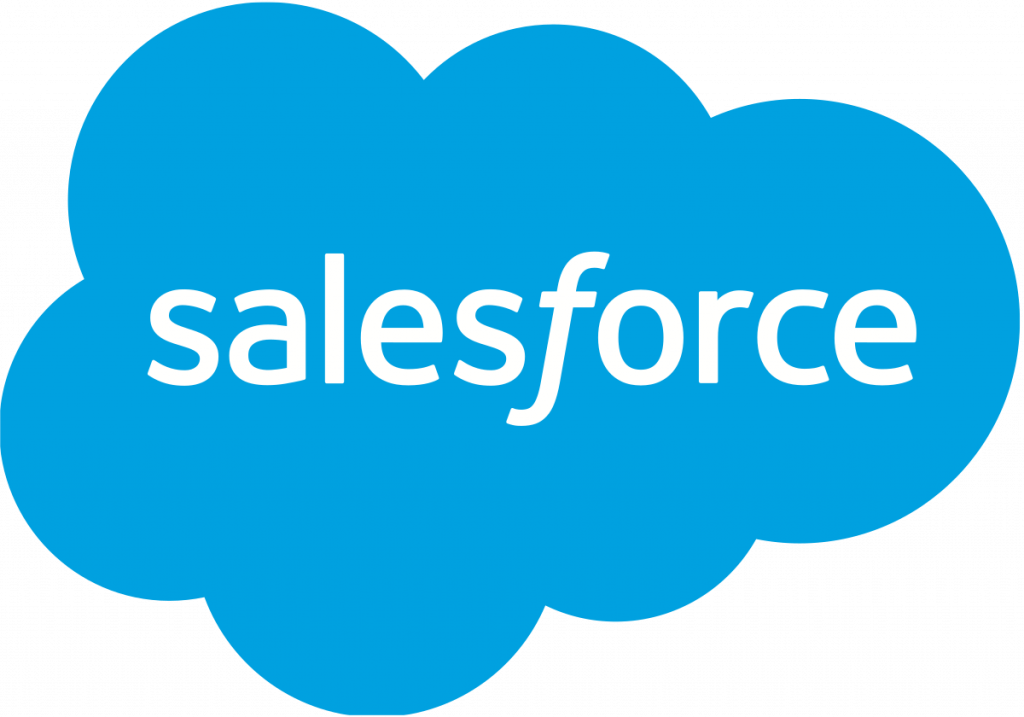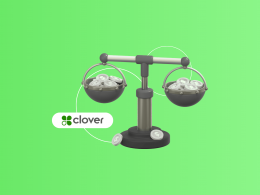In the fast-paced world of modern business, staying ahead of the competition requires more than just a quality product or service. It necessitates a deep understanding of customer behaviors, market trends, and sales performance. This is where sales tracking software steps in, providing companies with the tools they need to streamline operations, make informed decisions, and drive growth.
In this article, we delve into the realm of sales tracking software, highlighting some of the best solutions available.
Let’s break down sales tracking software
Imagine you’re running a lemonade stand. You want to know which flavors of lemonade are selling the most, when you’re making the most sales, and who your most loyal customers are. Keeping track of all this information manually would be quite a task, right? This is where sales tracking software comes in.
Sales tracking software is like your virtual assistant for managing sales and customer information. It’s a specialized computer program that helps businesses keep tabs on their sales activities in a more organized and efficient manner. Just like how a calculator helps you with math problems, sales tracking software helps businesses with their sales-related tasks.
There are many solutions of this kind on the market today, they might differ slightly in terms of available features and how the treat the data. But usually, this kind of software can do a bunch of cool things. It keeps a digital record of every sale you make – the date, the products sold, and how much money you earned. It’s like having a super-smart notebook that automatically writes down all these details. It can also crunch the numbers for you, like calculate how much money you’ve made over a day, a week, a month, or even a year.
Instead of staring at boring numbers, you can see your sales trends in a way that’s super easy to understand. You’ll be able to tell at a glance which flavors of lemonade are flying off the stand and when you’re having a lemonade boom!
Now, remember those loyal customers? Sales tracking software helps you keep track of them too. It stores their names, contact information, and their favorite lemonade flavors. This way, you can give them special offers or discounts to say thanks for their support.
In a nutshell, sales tracking software is a smart helper that makes running a business smoother. It keeps records, does math, and even creates eye-catching charts to help you understand your lemonade stand’s performance better. Just like how a superhero sidekick supports their hero, sales tracking software supports businesses in making smarter decisions.

What businesses can benefit from using sales tracking software tools?
Sales tracking software isn’t just for lemonade stands, quite obviously. This powerful tool can help a wide variety of businesses, big and small. Let’s dive into some examples of businesses that can benefit from using sales tracking software.
- Retail Stores
Whether it’s a clothing boutique, an electronics shop, or a grocery store, all types of retail businesses can benefit. Sales tracking software helps them keep tabs on their inventory, understand which products are selling well, and plan for restocking. - Ecommerce
Online businesses that sell products through their websites can use sales tracking software to monitor their online net sales, track customer behaviors, and optimize their online shopping experience. - Restaurants and cafes
From the corner cafe to a fancy restaurant, keeping track of which dishes are popular and when they’re most in demand is crucial. Sales tracking software helps these businesses plan their menu and staff accordingly. - Service-based companies
Even if you’re not selling physical products, if you offer services like consulting, design, or repair, sales tracking software can help you manage appointments, track billable hours, and keep client information organized. - Manufacturers
Industries involved in manufacturing and production can use sales tracking software to manage orders, monitor production schedules, and ensure that products are delivered on time. - Real estate agencies
Tracking property sales, managing client information, and understanding market trends are key for real estate businesses. Sales tracking software can make these tasks much more efficient. - Subscription services
- Businesses that offer subscription boxes, software-as-a-service (SaaS), or other recurring services can use sales tracking software to manage subscription renewals, track customer preferences, and tailor their offerings.
- Wholesale distributors
Businesses that sell products in bulk to other businesses can use sales tracking software to manage their sales to different clients, keep track of inventory levels, and streamline their supply chain. - Event planners
For businesses involved in organizing events, conferences, or weddings, sales tracking software can help manage bookings, keep track of attendees, and monitor revenue generated from ticket sales. - Small business owners
Any small business owner, from freelancers to local shops, can benefit from sales tracking software. It helps them gain insights into their business’s financial health, identify growth opportunities, and make informed decisions.
Exploring top sales tracking software solutions
Synder

Synder is a smart ecommerce accounting software that offers comprehensive sales tracking capabilities. Synder’s greatest strength lies in its ability to seamlessly integrate with 25 + systems, including payment processors, ecommerce platforms, and accounting software. This integration ensures that sales data flows effortlessly from the point of sale to financial records, reducing manual data entry errors.
Moreover, Synder boasts advanced analytics and reporting features that provide businesses with actionable insights. This empowers decision-makers to make informed choices about inventory management, pricing strategies, and marketing efforts. The user-friendly interface and customizable options make Synder an accessible solution for businesses of all sizes.
If you want to know more about Synder and how it can help you track sales, products, and customer behavioural patterns accross multiple channels, book a seet at our free weekly webinar or sign up for a free trial to explore Synder in action.
Salesforce

A stalwart in the world of customer relationship management (CRM), Salesforce offers a comprehensive suite of tools that include powerful sales tracking capabilities. The Sales Cloud module allows businesses to track leads, opportunities, and sales throughout the customer journey.
Salesforce’s integration with marketing and service modules enhances the overall customer experience. The AI-driven analytics enable predictive sales forecasting, providing valuable insights into future sales trends. A case study highlights how a tech startup used Salesforce to organize leads, streamline communication among teams, and achieve substantial growth in both its client base and revenue.
HubSpot

While known for its CRM capabilities, HubSpot also offers robust sales tracking and automation tools. One of its key features is the ability to track communication history and engagement with leads. This information is invaluable for understanding customer preferences and tailoring sales approaches accordingly.
HubSpot’s integration with marketing and customer service functionalities creates a seamless flow of information across departments, enabling a more holistic understanding of customer interactions. The visual dashboard provides real-time performance monitoring, allowing businesses to adapt quickly to changing market conditions. A success story from a small business illustrates how HubSpot’s tools led to significant sales growth and expanded market reach.
Pipedrive

Pipedrive stands out as a sales-focused CRM that specializes in pipeline management. Its intuitive interface allows businesses to create customizable stages and actions, providing a visual representation of the sales process.
The communication tracking and reminder features ensure that no lead or customer interaction is overlooked. Integration with email and other communication platforms enhances efficiency by consolidating all relevant data in one place. A case study showcases how Pipedrive‘s pipeline management capabilities streamlined a company’s sales processes and increased overall efficiency.
Zoho CRM

Zoho CRM offers a comprehensive solution for sales tracking and customer relationship management. Its lead and contact management features provide a 360-degree view of customers, facilitating personalized interactions and better understanding of their needs.
AI-driven insights within Zoho CRM offer valuable sales trends and anomalies, guiding businesses in making informed decisions. Integration with other Zoho business tools creates a seamless ecosystem for managing various aspects of the business.
Criteria for selecting an ideal sales tracking software
When selecting a sales tracking software, businesses should consider several key criteria to ensure they choose a solution that aligns with their needs and goals.
Scalability and compatibility
The chosen software should be able to scale as the business grows, accommodating increased sales volume and expanding customer bases. It should also be compatible with the industry in which the business operates.
Integration capabilities
Seamless integration with existing software and platforms is essential for ensuring a smooth workflow. This includes compatibility with accounting systems, e-commerce platforms, and customer relationship management (CRM) tools.
Automation features
Automation reduces the need for manual data entry and processing, minimizing the risk of errors and freeing up valuable human resources. Features like automatic data syncing from various sources can greatly improve efficiency.
Reporting and analytics
The software should offer robust reporting and analytics functionalities. Customizable dashboards and data visualization tools allow businesses to gain insights into sales trends, customer behavior, and performance metrics.
The future of sales tracking software
Looking ahead, the future of sales tracking software promises exciting advancements driven by AI, automation, and integration with emerging technologies. As the Internet of Things (IoT) and blockchain gain prominence, these technologies could provide additional layers of data for businesses to analyze, enhancing their understanding of customer behavior and preferences.
Personalization is likely to become a key focus in the sales landscape. With more sophisticated data insights, businesses will be able to tailor their sales approaches to individual customers, creating more meaningful and effective interactions.
Additionally, sales tracking software is poised to have a profound impact across various industries. From retail and ecommerce to healthcare and manufacturing, the ability to monitor sales data in real time and make data-driven decisions will be a pivotal factor in business success.
Conclusion
Sales tracking software is a crucial tool for driving growth and success. Businesses of all sizes can now harness the power of automation, integration, and analytics to make informed decisions about inventory, pricing, and customer interactions. Among the top contenders in the market, Synder shines as a versatile solution that caters to businesses seeking seamless integration and advanced analytics.
As the business landscape continues to change, the ability to track and analyze sales efficiently will remain a cornerstone of success. Sales tracking software solutions empower businesses to stay competitive by providing actionable insights, streamlining operations, and enabling data-driven decision-making. With the right software in place, businesses can look forward to sustained growth and a deeper understanding of their customers’ needs and preferences.
Read more about cloud accounting software and revenue recognition software.







Your post provides a fresh take on a popular topic. It offers new insights and perspectives.
Thank you for your feedback!
I’m impressed by the depth of research evident in your post. It adds credibility and authority to the information you’ve shared.
Thank you for your kind words!
Thank you for being a reliable source of valuable information. Your dedication to sharing knowledge is truly appreciated.
You’re very welcome and thank you for your support!